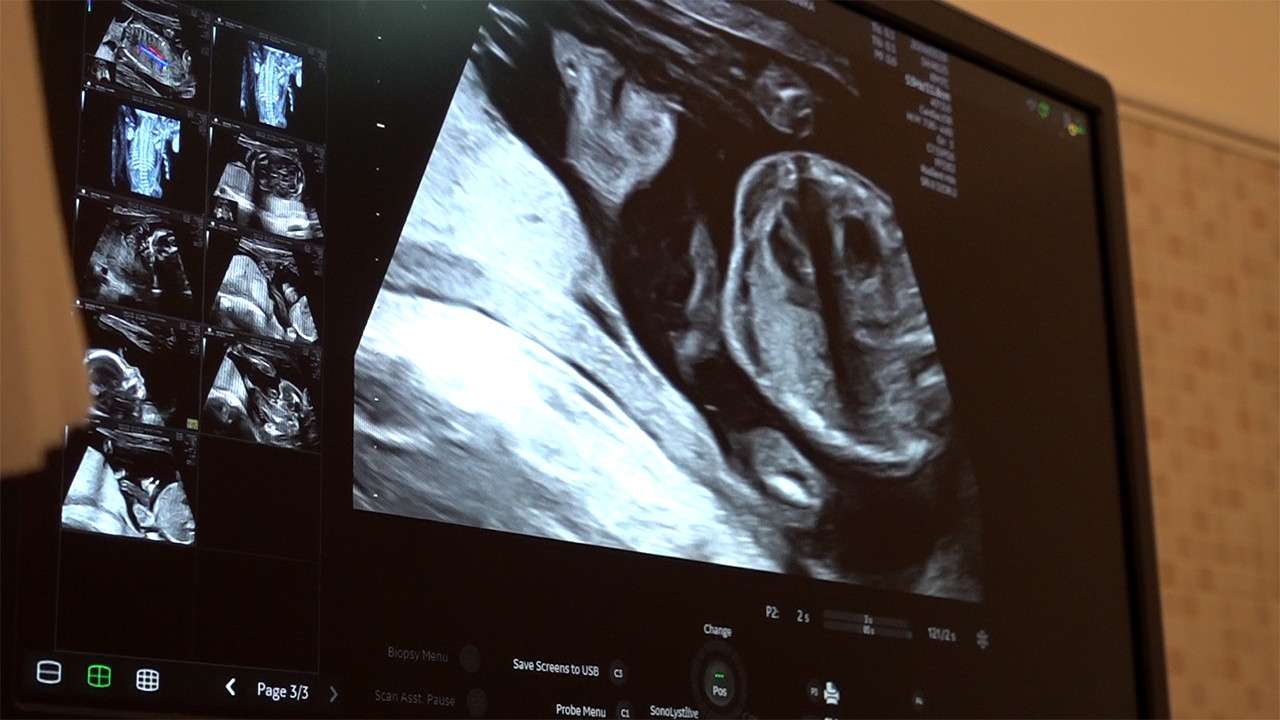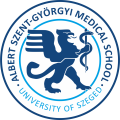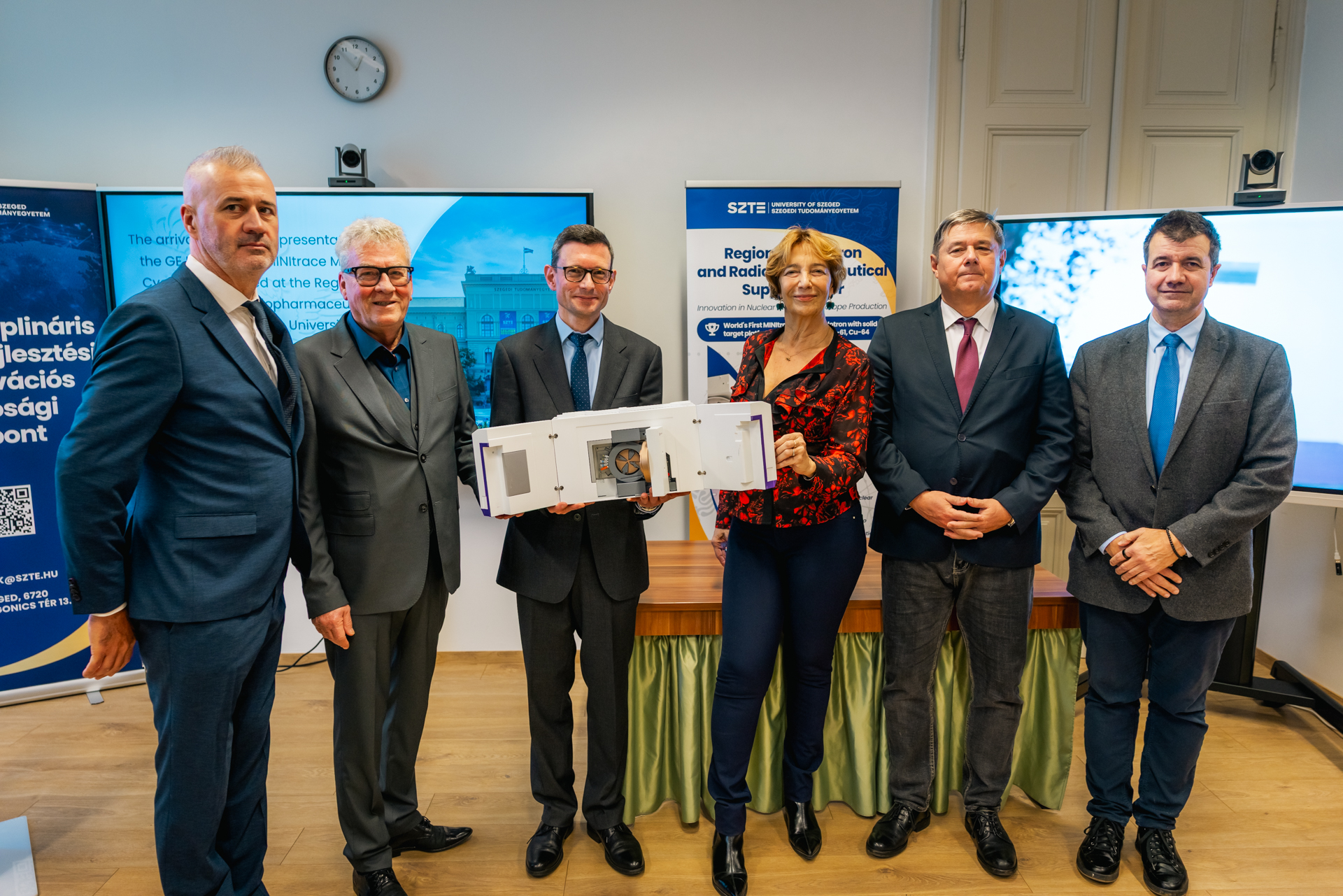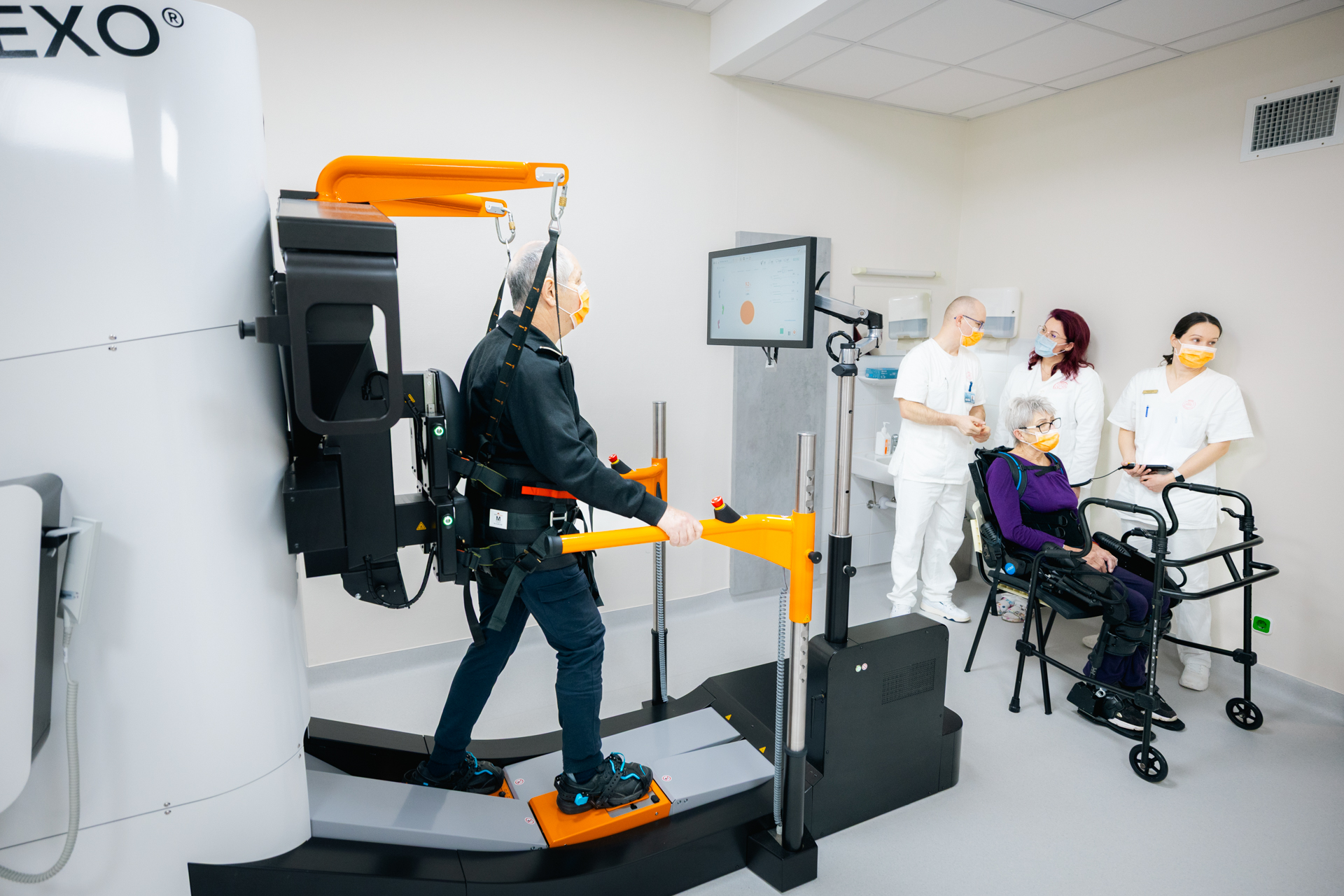2024. April 11.
A unique national centre for screening the cardiovascular, neurological and genetic abnormalities of foetuses has been established at the Department of Obstetrics and Gynaecology, University of Szeged.
The new foeto-maternal centre (FMC) will greatly advance obstetric and gynaecological care, bringing about major improvements in the quality of prenatal care.
Foeto-maternal medicine, a novel specialty of only a few decades old, focuses on the diagnosis and management of complicated pregnancies in addition to screening. The field is developing in parallel with ultrasound technology and molecular genetics. The high-power ultrasound equipment required for such screenings first appeared in private care in Hungary in the last two decades. These private providers were pioneers in screening for Down syndrome and cardiovascular conditions in early pregnancy, performing early pregnancy extended ultrasound assessment, non-invasive foetal genetic testing, preterm birth screening, as well as screening for gestational pre-eclampsia.
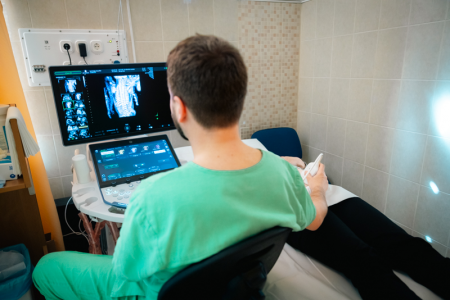
The majority of specialists employed at the new centre used to work in the private sector. However, the knowledge accumulated in private care has its place in public care, and the University of Szeged made this transfer possible. The centre has a digital toolkit unique in public obstetric care in Hungary. Expectant mothers are examined using state-of-the-art ultrasound equipment, two of which are expected to be in operation by the end of the year. The ultrasound device is capable of safely assessing the hermetically sealed nature of a 1-millimetre heart valve in the 7-millimetre heart of a 12-week-old foetus.
The IT system of the centre is capable of real-time data transmission, which also allows for remote consultation and assessment. As a result, pregnant women will be able to receive both still and moving images of their scans.
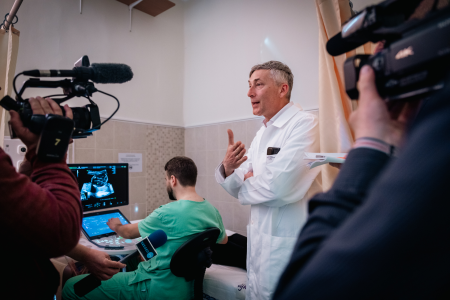
Dr. Szabolcs Várbíró, Head of the Department of Obstetrics and Gynaecology, said that the new approach had enabled the identification of a foetus with hiatal hernia in January 2024. This condition could have had a serious impact on postnatal prognosis, but with the help of the device, doctors were able to evaluate the foetus' condition in utero with great accuracy. The expectant mother has since undergone successful surgery and was discharged three weeks after her arrival.
Targeted brain scans are also part of the centre's professional programme. Neurosonography is a relatively new field, performed by only a handful of doctors in Hungary today, and it is considered a unique test even in wealthier countries. Besides the heart, the brain is the most complex organ of the foetus and the one that makes the most mistakes. A targeted examination of the brain can reveal these abnormalities in brain development. Therefore, an important professional concept of the FMC is the cardio-neuro-genetic approach, which means that these two organ systems are examined in great detail, as they account for about half of all foetal malformations.
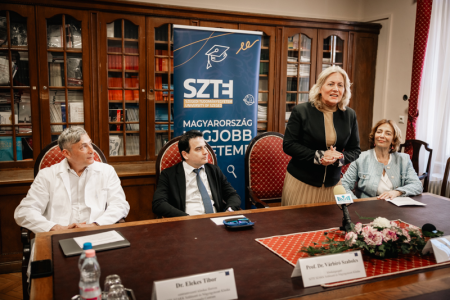
The FMC also carries out the basic screening of pregnant women at SZTE. The goal of the department is to meet the international ISUOG (International Society of Ultrasound in Obstetrics and Gynecology) recommendations, which far exceed the professional and legal standards in Hungary.
In accordance with the international guidelines of the Fetal Medicine Foundation (FMF), all basic ultrasound screenings at the centre are complemented by screening for preeclampsia and preterm birth without biochemistry. The FMC recommends using the combination of extended ultrasound scan + NIPT (maternal circulating foetal DNA test), which is considered the most reliable worldwide for screening for chromosomal abnormalities.
